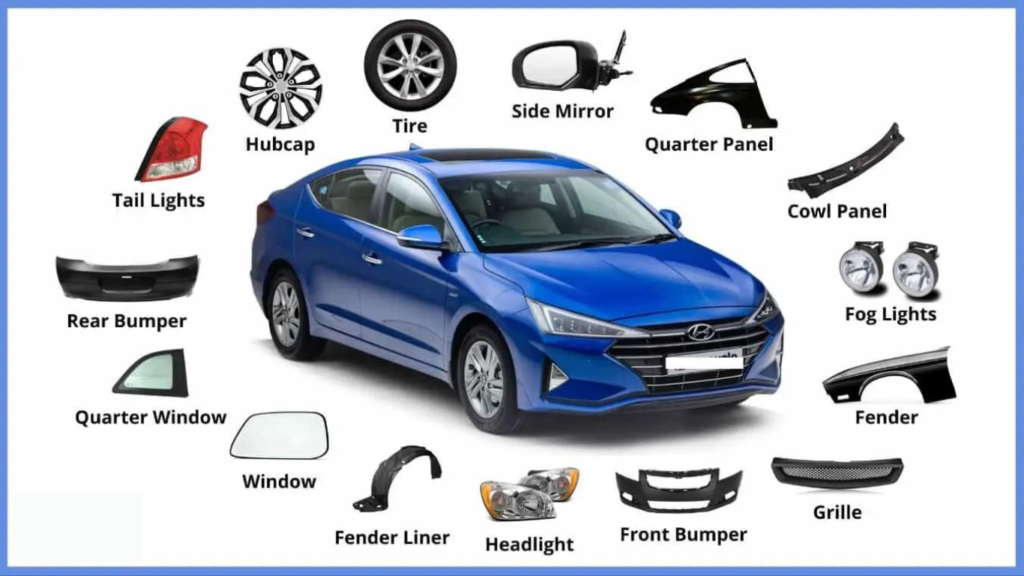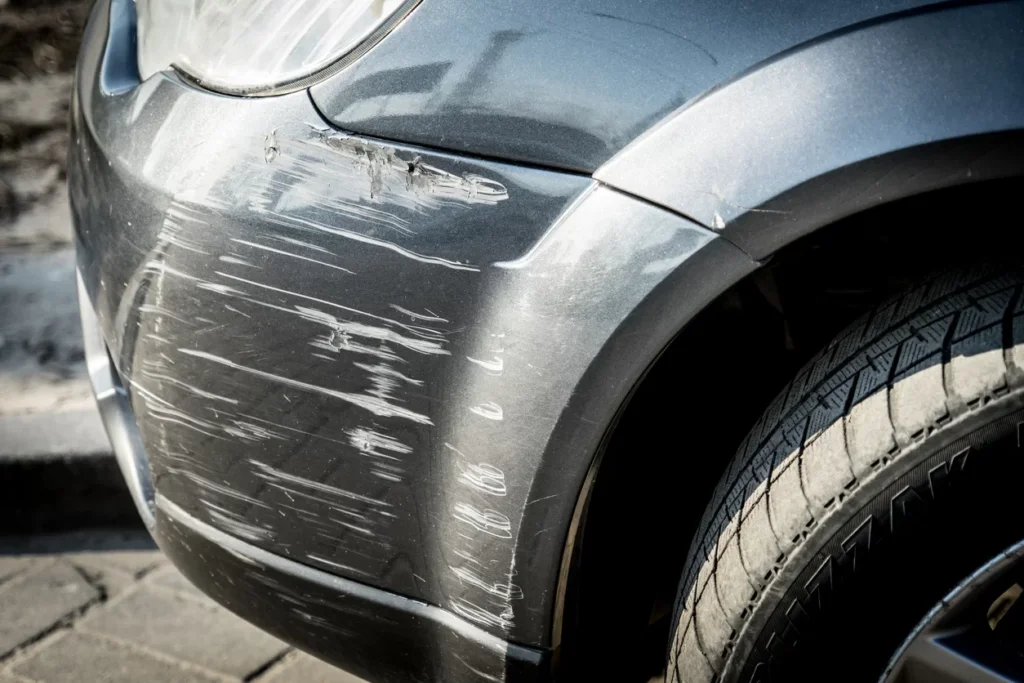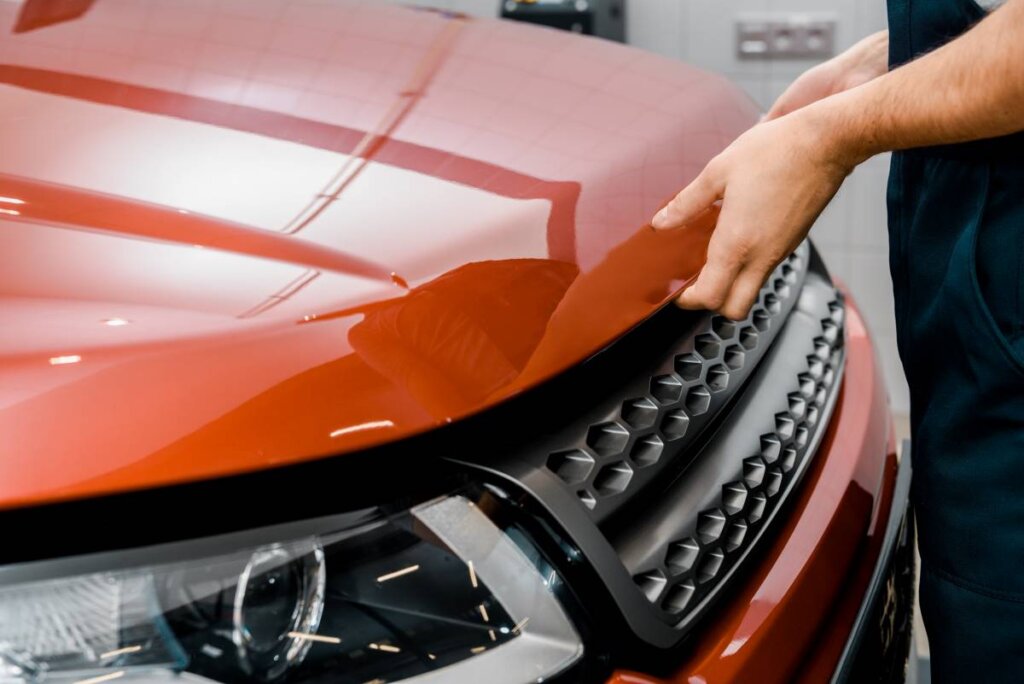Inspecting a Used Car Fender: What to Look for Before Making a Purchase
Buying a used car fender can be a great way to save money, but it’s important to ensure you’re getting a quality product. Before making a purchase, it’s crucial to inspect the used fender properly. In this blog post, we’ll guide you through the inspection process and highlight the key aspects to consider when buying a used car fender.
- Structural Integrity:
- Start by examining the overall condition of the fender. Look for any signs of structural damage, such as cracks, dents, or bends.
- Ensure that the fender is sturdy and not compromised in any way that could affect its functionality or safety.
- Rust and Corrosion:
- Inspect the fender for signs of rust or corrosion, as these can indicate long-term damage or poor maintenance.
- Surface rust may be manageable, but extensive corrosion can weaken the fender and lead to further problems down the line.
- Paint and Finish:
- Assess the condition of the paint and finish on the used fender.
- Look for any chips, scratches, or mismatched colors that may require additional work or repainting.
- Evaluate the texture and smoothness of the fender’s surface to ensure a satisfactory appearance.
- Mounting Points:
- Check the mounting points on the used fender to ensure they are intact and undamaged.
- Mounting points should align correctly with the corresponding parts of your vehicle for a proper fit during installation.
- Alignment:
- Align the used fender with your vehicle’s body to ensure it matches the contours and lines correctly.
- Improper alignment can affect the overall appearance and may indicate a fender that won’t fit properly.
Inspecting a used car fender thoroughly before purchase is crucial to ensure you’re getting a reliable and suitable product. By assessing the structural integrity, rust, paint, mounting points, and alignment, you can make an informed decision and choose a used fender that meets your requirements.

- Documentation and History:
- If possible, ask the seller for any documentation or history associated with the used car fender.
- This information can provide insights into the fender’s origin, previous repairs, or any relevant details that may impact its quality or compatibility.
- Source and Reputation:
- Consider the reputation of the seller or the place from where you are purchasing the used car fender.
- Choose reliable sources such as reputable salvage yards or trusted online marketplaces known for providing quality used auto parts.
- Reading customer reviews and checking ratings can help gauge the credibility of the seller.
- Return and Exchange Policies:
- Before finalizing the purchase, familiarize yourself with the return and exchange policies of the seller.
- It’s important to have recourse if the used car fender doesn’t meet your expectations or if compatibility issues arise.
Thoroughly inspecting a used car fender before making a purchase ensures that you get a reliable, compatible, and visually appealing product. By paying attention to structural integrity, rust, paint, mounting points, alignment, documentation, source reputation, and return policies, you can make an informed decision and find a used car fender that meets your needs.













